We use cookies to help provide you with the best possible online experience.
By using this site, you agree that we may store and access cookies on your device. Cookie policy.
Cookie settings.
Functional Cookies
Functional Cookies are enabled by default at all times so that we can save your preferences for cookie settings and ensure site works and delivers best experience.
3rd Party Cookies
This website uses Google Analytics to collect anonymous information such as the number of visitors to the site, and the most popular pages.
Keeping this cookie enabled helps us to improve our website.
Drink less
Cutting back on the booze can be a really effective way to improve your health, boost your energy, lose weight and save money.
If you drink nearly every day, drinking less might lower your risk of having high blood pressure. With the right help, it's easier than you think.
We have some simple tips and tools to help you start cutting down today. Let's do this!
On this page
Download the NHS Drink Free Days app
Feel healthier, lose weight and save money by picking your days to go drink-free.
One simple way to cut down is to have at least a few drink-free days every week, so choose yours and get practical support to stick with it.
With the app you can:
- update and track your drink-free days
- get simple and practical tips to help you control your drinking
- receive reminders when you need it most
- celebrate milestones when you reach your targets
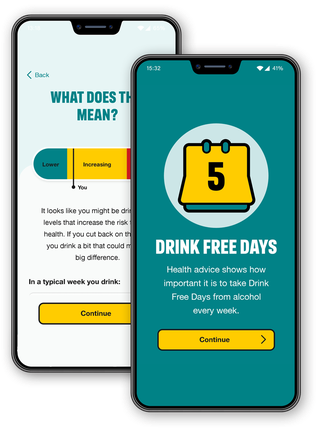
Tips to help you cut down on alcohol
You do not necessarily need to go teetotal to feel the benefits of drinking less.
Even just setting and sticking to a few drink-free days a week, or swapping to lower-strength drinks, are great steps in the right direction.
Here are some practical things you can try to help you cut back, you can also watch this video on ways to drink less.
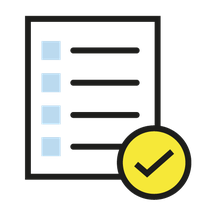
1. Have a game plan
Use the NHS Drink Free Days app to set yourself a weekly unit target and stick to it. But if one week you do go over your limit, don't stop trying – next week is a fresh start.

2. Switch from stronger stuff
Choose drinks that are lower in alcohol. Try lighter beers – under 4% ABV. As a rule of thumb, white and rosé wines are lower in strength than reds. Or try swapping some or all of your drinks for no or low-alcohol alternatives.

3. Stick with it!
It might take a bit of time to get used to the change from your usual choices, so if you notice a difference in taste with lower-strength drinks, do not give up! There are so many options, it's likely there's one out there for you – and switching means you can enjoy the health benefits of drinking less without losing your social life.
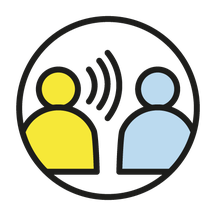
4. Shake up your social plans
Going for drinks is not the only way to see friends. You could watch a film, meet up for breakfast, grab a coffee and go for a walk, go bowling, head to the gym or sign up for a class to do together, for instance.
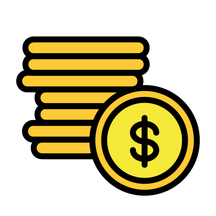
5. Set a booze budget
Sticking to a budgeted amount for alcohol can be a good way to drink less. If you are going out, try taking only the exact cash, or set up a spending alert on your card.
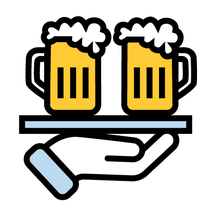
6. Write off the rounds
Being involved in rounds makes it easy to end up drinking more than you meant. Try to avoid them if you can, and do not feel like you have to say yes to a drink just because someone else is buying. There's always next time.

7. Only wine and dine
Waiting for your evening meal before you have a drink – and having your first only once you've started eating – is another simple way to help you cut down.
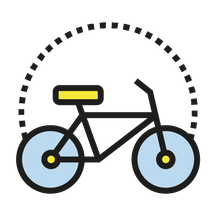
8. Beat boredom
If a drink is a way you handle boredom or stress, try finding something else to do instead. Exercise is a great stress reliever, and simple things like cleaning, a new hobby or DIY can be a good way to occupy mind and body.
Alcohol guidelines
It's recommended to drink no more than 14 units of alcohol a week, spread across 3 days or more. That's around 6 medium (175ml) glasses of wine, or 6 pints of 4% beer.
There's no completely safe level of drinking, but sticking within these guidelines lowers your risk of harming your health. Try using Alcohol Change UK's unit calculator to work out how many units you drink and watch our video guide to alcohol units.
The benefits of drinking less
You too could feel the difference! Many people who reduce their alcohol intake notice benefits, which can include those below.
Short-term benefits:
- feeling better in the mornings
- being less tired and more energetic
- better-looking skin
- saving some money
Long-term benefits:
- lower blood pressure
- lower risk of stroke, hypertension, cancer and liver disease
- lower cholesterol levels
- better mood, memory and quality of sleep
- help with weight management
How does alcohol affect my blood pressure?
If you drink nearly every day, you might be more at risk of having high blood pressure. If left untreated, high blood pressure can increase your risk of a heart attack or stroke.
High blood pressure does not usually have any symptoms, so the only way to know if you have it, is to get a check. If you are 40 or over, live in England and haven’t had a check in the last 6 months, you can get your blood pressure checked for free at your pharmacy today.
If your blood pressure is high, then it can be managed through lifestyle changes or medication.
Find a pharmacy that offers free blood pressure checks

Did you know?
Alcoholic drinks are high in calories, so cutting back on the amount you drink can really help to reduce your calorie intake.
Get active
Cutting back on the booze should improve how you feel and give you more energy – and regular physical activity can help you feel even better.
Check out our tools and tips on weaving exercise into your daily routine. Every minute of exercise counts!

The health risks of drinking too much

Need more alcohol support?
There's lots of help out there, from your GP and counselling to alcohol support services.
Medical warning
Get medical advice before you stop drinking if you have physical withdrawal symptoms (like shaking, sweating or feeling anxious until you have your first drink of the day). It can be dangerous to stop drinking too quickly without proper help.
There's lots of support out there. Find your local alcohol support service now, or you can call Drinkline on 0300 123 1110 for free, confidential help for anyone who is concerned about their own or someone else's drinking.
Take care of your mind
Your mental health is just as important as your physical health. You can create a plan of practical tips to support your mental wellbeing with our Mind Plan quiz.
Answer 5 quick questions to help you deal with stress and anxiety, improve your sleep and feel more in control.
Published: Jan 6, 2025


